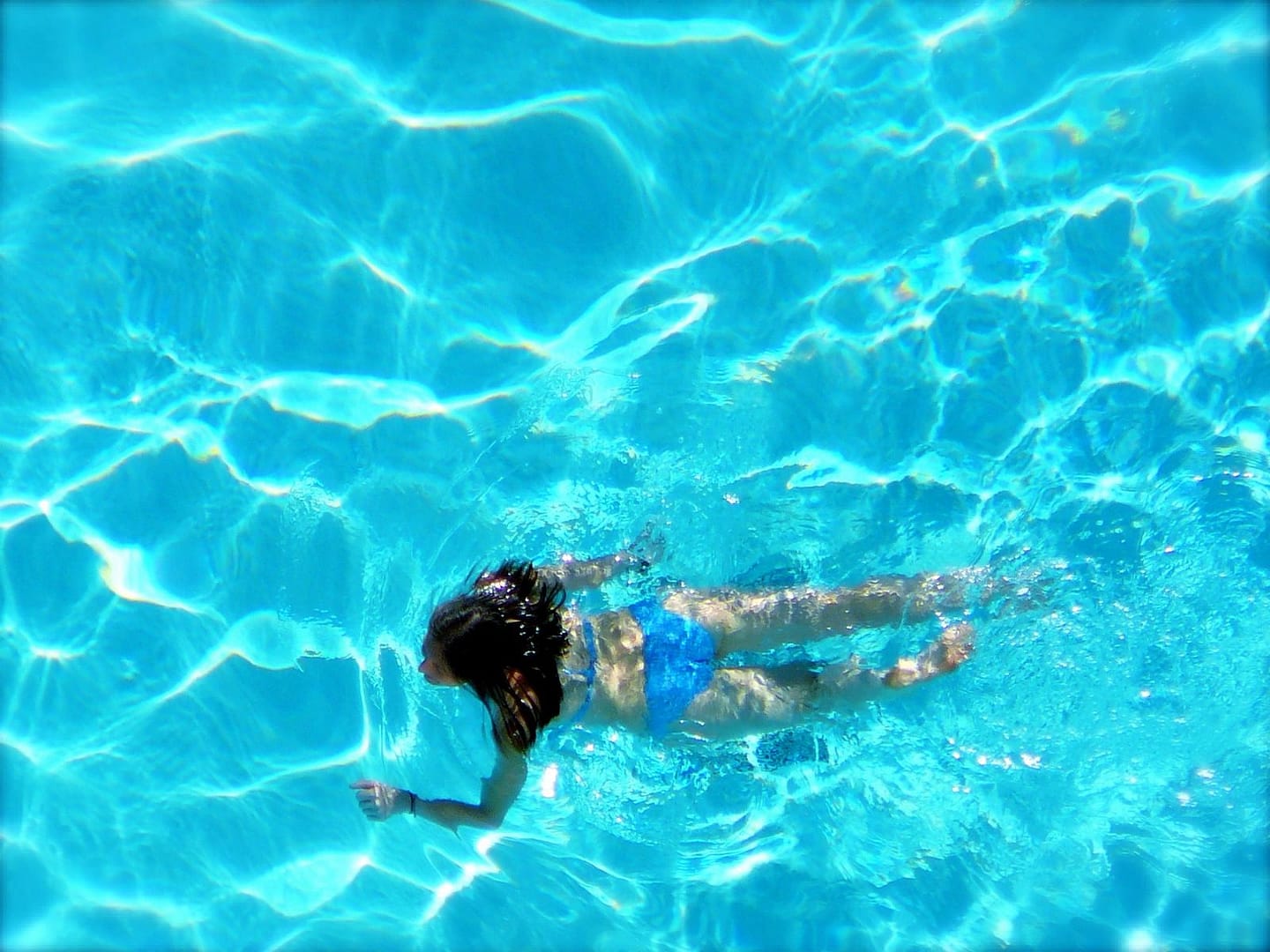Helpful Tips on Combating Pool Algae
Algae builds up quickly in a pool. There are several items to maintain in order to prevent algae buildup. The pH level in the pool is important. It is ideal to check this daily if possible. It is also ideal to have the proper pool supplies on hand to clean and maintain proper pool pH levels. Performing regular pool maintenance by testing the water pH levels, adding in balancing chemicals and performing regular cleanings helps to prevent algae growth. When algae first begin to form it is often unnoticed due to it being in such a small or concentrated area, as it grows the green hue is easy to see.
Check the pH Level Frequently
The pH levels of the water in a pool are very important. It can be difficult to maintain these levels, especially in areas of the world where it rains frequently. Rain water can quickly change these levels causing algae to begin to form. Within 24-hours if it raining, pool owners should test pH levels and incorporate chlorination chemicals to balance the water levels again. Algae will not grow where pH levels are balanced and the water/pool surfaces are clean.
This is a tedious process in some cases, but is well worth it. Testing pH levels only takes a couple of minutes to dip a test strip into the water and wait for it to process. Even if the level is slightly out of the safe zone, add a chemical treatment to the water. A full-strength dose is suggested no matter how little the pH level is off. Careful measurement of pool chemicals is also of the utmost importance. Adding too much will keep the levels off and too little will not fight algae growth.
Check the Chlorinator Monthly
The chlorinator is an important part of a pool system. It should be checked for functionality and cleaned once per month. Bi-monthly is better if time permits. The chlorinator helps to maintain a proper balance between pH, chemicals, chlorine and the natural properties of the water in a pool. If this is malfunctioning, it is difficult for chemicals to prevent algae growth on their own.
Clean Filters Weekly
Emptying pool filters weekly although cleaning filters three times per week is ideal. This improves the water flow through the pool and helps the filters to be strong enough to capture items floating in the water. This can include bugs, pine needles, strands of hair, strands of fabric and a variety of other materials. As these items collect in the filter, the strength of the suction decreases.
Monitor the Strength of the Returns
The return water flow system is important to check frequently. If the current seems to be a bit weak, it is ideal to turn the pumps off and perform a system cleaning. The returns help to filter water through systems to catch particles, hair and debris from the pool water. If these are blocked or not running efficiently, this can cause debris to remain in the water and algae can begin to form from an improper water pH balance.
Skim the Pool Surface Twice Per Week
Skimming a pool surface at least twice per week helps to clear any large pieces of debris, leaves and other particles from the water. It helps maintain the filtering systems as well. Filters can only hold so much hair, leaves and debris. Some say that skimming the pool daily is the best idea. At the very minimum, it should be completed no less than twice per week. Items left on the surface, or near surface of the water can cause algae to begin to form.
Some of the liners and surfaces available for swimming pools can help to mask the sight of algae with the use of creative patterns and colors.The ideal way to prevent algae growth is to test pH levels and perform regular maintenance. Some homeowners prefer to use a pool service for maintenance. It is beneficial to learn how to maintain a swimming pool but it is also a good idea to consult service for advice and proper cleaning and algae prevention tips. It might be worth your time to consult with your Orlando Realtor. It is also suggested that you have a deck scrubber on hand to scrub the sides of a pool and vacuum it out once per week to help combat algae.


